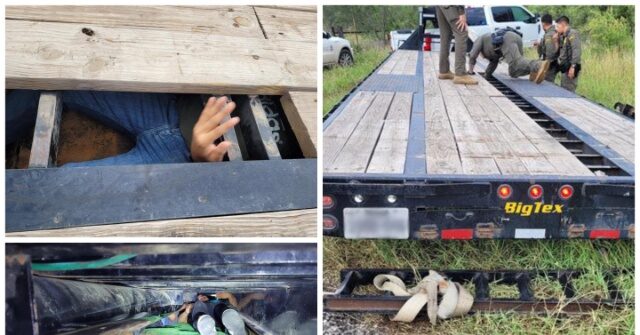Takht-Ravanchi expressed dismay at the exchange of missiles while Iran was in negotiations with Trump about its nuclear program. Tehran had been curtailing its uranium enrichment as part of a 2015 nuclear deal with the U.S., known as the Joint Comprehensive Plan of Action, but that effectively ended in 2018 when Trump withdrew from the deal.
“How can we trust the Americans?” the deputy minister asked. “We want them to explain as to why they misled us, why they took such an egregious action against our people.”
Even so, he suggested that his nation would be open to new talks.
“We are for diplomacy” and “we are for dialogue,” Takht-Ravanchi said. But the U.S. government needs “to convince us that they are not going to use military force while we are negotiating,” he said. “That is an essential element for our leadership to be in a position to decide about the future round of talks.”
Iran denies that it wants to build a nuclear bomb, and as a signatory of the Nuclear Non-Proliferation Treaty of 1970, commonly known as the NPT, it is entitled to enrich uranium for nuclear power plants.
However the U.N.’s International Atomic Energy Agency (IAEA) and other watchdogs became concerned after Iran began enriching uranium to 60% — near to the 90% needed to make a bomb — after the disintegration of the nuclear deal with the U.S.
“Our policy has not changed on enrichment,” Takht-Ravanchi said. “Iran has every right to do enrichment within its territory. The only thing that we have to observe is not to go for militarization.”
Iran, he said, is “ready to engage with others to talk about the scope, the level, the capacity of our enrichment program.”
On suggestions from IAEA chief Rafael Grossi that Iran’s 880 pounds of highly enriched uranium may have been moved before the U.S. attacks, Takht-Ravanchi declined to comment.
“I do not know where those materials are, and I will stop at that,” he said.
The post Iran won’t retaliate against U.S. — but will keep enriching uranium, top official says appeared first on NBC News.




